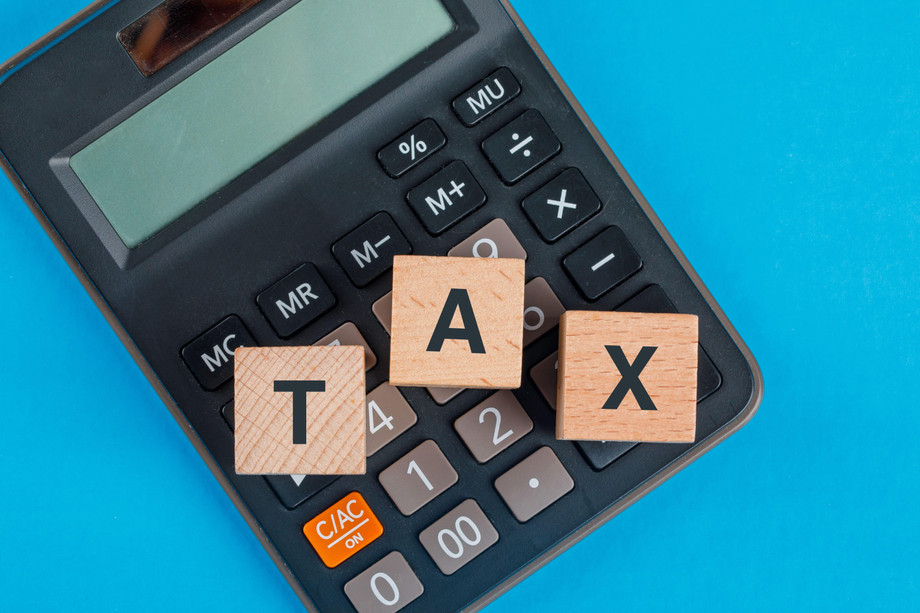The itemized deduction system has enabled Americans to save money by reducing their taxable income. You have a choice between standard and itemized deductions. The latter allows you to select the items you can subtract from your adjusted gross income. This can result in significant savings for a taxpayer, but it works for those familiar with the itemized deduction concept. You just need to keep the receipts and the records and rest easy knowing that during the tax season, you will be able to deduct these expenses from your income tax.
There’s a catch, though. Itemizing your deductions means you can no longer claim the standard deduction, which has increased dramatically over the past few years. Especially after the Tax Cuts and Jobs Act of 2017, we have seen a significant rise in the standard deduction. If the total of your itemized deductions is lower than the latest standard deduction amounts, you should choose the latter. However, if you happen to have many expenses that fall into the “itemized deduction” category and are approved by the IRS, you can save a huge amount. Below we have listed some common self-employment tax deductions that every taxpayer must deduct.
Startup Cost
You may have spent all or most part of your savings on your startup. The good news is this is considered an expense and is deductible. If you have just started your business, the expense incurred for setting up your firm is deductible. The maximum startup cost you can deduct from your income tax is $5,000. If it goes beyond that, it will be amortized.
Health Insurance
A self-employed individual has to buy an insurance policy on their own. Fortunately, 100% of the premium amount you spend on the insurance is deductible. You can subtract whatever it costs you to offer medical coverage to you and your dependents. Considering the high medical cost and the increasing number of medical emergencies, this can be a huge relief. Likewise, self-employed individuals are eligible for medicare premium deductions.
Self-employed Deductions
When you work for a company, your taxes are deducted from your paycheck through withholdings. Your employer withholds a fixed percentage of the taxes (based on your annual salary) and pays you the remaining. Since you are self-employed, you have to pay the entire tax amount, so the IRS has reduced 50% of the self-employment tax, meaning you only have to pay half the tax you owe. You can use Schedule SE to mention this deduction.
Interest
If you have borrowed a loan for business (whether for expansion or to finance the working capital), the interest accrued on loan is a deductible expense. It’s also the most overlooked expense. Whether it’s a credit card or business loan borrowed from a bank, you can deduct the interest amount from your taxable income.
Vehicle Cost
Most business owners don’t know about a vehicle cost deduction, but the percentage of the car used for business purposes is deductible. You might use the same car for personal requirements too. So, you have to calculate the percentage used for business purposes. For this calculation, you need to keep a record of the miles driven for business use. This has to be multiplied by $0.575. To make it easier, keep receipts for each expense you have incurred on your vehicle as part of your business. It’s much easier to calculate the vehicle expenses when you have a separate vehicle for business purposes.
Education and Training Expense
If you have enrolled in a course relevant to your business and for the sole purpose of increasing your business knowledge, you can deduct the tutor’s fee and the cost of the study material from your tax. Likewise, if you are undergoing paid training or learning new skills directly related to your business niche, this can be treated as a business expense.
Home Office Expense
Very few people know that their home office setup and the expenses of running a business from home are also 100% tax deductible. This only covers the business expense. Although it can deduct a significant amount from your taxable income, most people avoid home office expenses, as they think it might trigger an audit. But, as long as you have dedicated the particular space to business use, there’s nothing to worry about.
Also Read- What Is A 1099 Tax Estimator Form?

